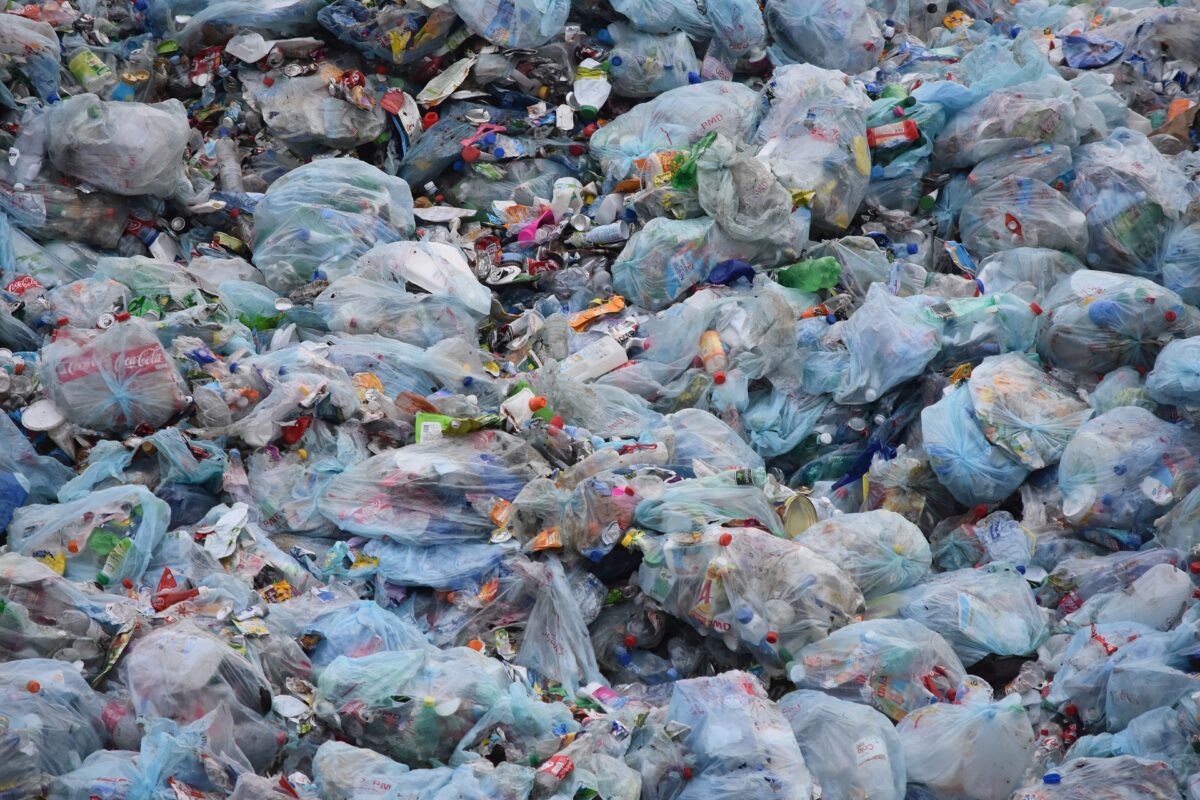Open Data Manchester is delighted to have teamed up with fellow local social venture, and waste-data experts, Dsposal for a new Innovate UK R&D project created to help tackle the UK’s million-tonne plastic-waste problem.
Led by OPRL, which runs the UK’s most widely recognised recycling label scheme for packaging, the new consortium has won £150,000 to create a prototype Plastics Packaging Portal built on a new open standard for plastic-packaging data.
Being developed over 18 months, the Plastics Packaging Portal will help producers, retailers, consumers and recyclers access better data on plastic packaging and recycling infrastructure, to:
- make it easier for people to make the right choices about how to recycle plastic packaging
- support better packaging material choices by product designers, manufacturers and brands
- reduce the dumping of plastic packaging, both in the UK and in other parts of the world
- support the development of policy and regulations that minimise environmental impact
Recycling charity RECOUP and compliance scheme Ecosurety also bring their expertise to the project.
Tackling a major national challenge
Only half of our plastic packaging is recycled in the UK according to sustainable resource charity WRAP, with people not knowing what can be recycled locally a key barrier to changing this figure.
The latest government data estimates that in 2017 – 2.26 million tonnes of plastic packaging made its way into homes across the UK – and less than half (46.2 percent) was recovered or recycled. In Greater Manchester, only plastic bottles can currently be sent for recycling from our homes.
The UK had a target to recycle 50 percent of all household waste by 2020 and the latest government data, for 2018, found 45 percent of household waste recycled, a small reduction from 2017.
In its 25 Year Environment Plan progress report last year, the government said trends in household recycling are “stable”, but they must increase significantly to reach the amended target of seeing 65 percent of waste (by weight) recycled by 2035. The current target for plastic packaging is, however, only 22.5 percent.
Julian Tait, CEO of Open Data Manchester, said:
“It’s truly alarming how much plastic packaging is still being thrown away in the UK – given we know a lot of it could be recycled – and in a time of environmental crisis. We’re really proud that Manchester is going to be leading on making this change. We’ll be working with Dsposal, using the power of data to help everyone, for the first time, understand more about the plastics that make their way into our workplaces and homes.”
Sophie Walker, COO and Co-Founder of Dsposal, added:
“This is an incredible opportunity to make a real impact in addressing some of the issues we face around plastic packaging. Plastic has been demonised since Blue Planet II – but the material isn’t the problem – it’s the fact we don’t value it and treat it properly once it ends up in our bin. This project brings together five mission-driven organisations to deliver a systemic solution that connects up the entire supply chain, bringing more transparency and using data to help drive decisions.”
The funding is from the smart sustainable plastic packaging (SSPP) challenge from Innovate UK, totalling up to £60 million, plus £149 million from industry, to support collaborative research and development projects tackling consumer problems with plastic packaging.
For more information or to get involved
For enquiries about the project, email us here.
About Dsposal
Founded in 2016, Dsposal build tech to help waste managers and waste producers handle their waste legally, efficiently, safely and in a way which protects the environment, to pave the way for a future where waste is treated as the resource that it is.
Alongside its sister social enterprise, Your Dsposal launched in 2020, it’s on a mission to to empower people to make better decisions with their resources and waste by increasing transparency and accountability to make a positive impact on our environment through the development of open data infrastructure and digital tools.

